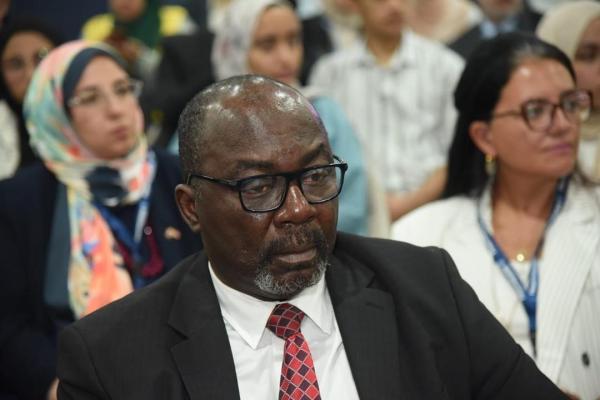
The Irish health minister has published a plan to make the state "tobacco-free" by 2025.
Dr James Reilly has defined a "tobacco-free Ireland" as a state where less than 5% of the population smoke.
According to the latest figures, 22% of people aged 15 and over regularly smoke cigarettes in the Republic of Ireland.
60 recommendations were put forward to significantly reduce smoking over the next 12 years. Tobacco would still be available, but at an increased cost.
The recommendations also include the introduction of a ban on smoking in cars where children are present and new on-the-spot fines for breaches of smoking laws.
The plan calls for greater restrictions on the types of outlets from which tobacco products can be sold, advocating a ban on all self-service cigarette vending machines and greater regulation of tobacco retailers.
It also sets out several recommendations for what it called the "de-normalisation" of tobacco use in Irish society.
The health minister said: "Smoking is the leading cause of preventable death in Ireland.
"Each year at least 5,200 people die from diseases caused by tobacco use. This represents almost one in five of all deaths," Dr Reilly added.
The tobacco-free plan has been published almost a decade on from the Irish smoking ban.
In March 2004, the Republic of Ireland became the first state to introduce a total ban on smoking in the workplace, controversially including pubs and clubs in the legislation.
The ban has been largely hailed as a success, with a 97% compliance rate.
While reacting to the latest initiative to eradicate tobacco use, a spokesman for smokers' group Forest Éireann said it was “morally wrong to de-normalise smoking"
He said that would result in "stigmatising consumers of a legal product enjoyed by hundreds of thousands of adults throughout the country".
"Smokers contribute a huge amount of money to the government through tobacco taxation," he added.
"De-normalising tobacco will drive more and more people to the black market and the fringes of society."



















